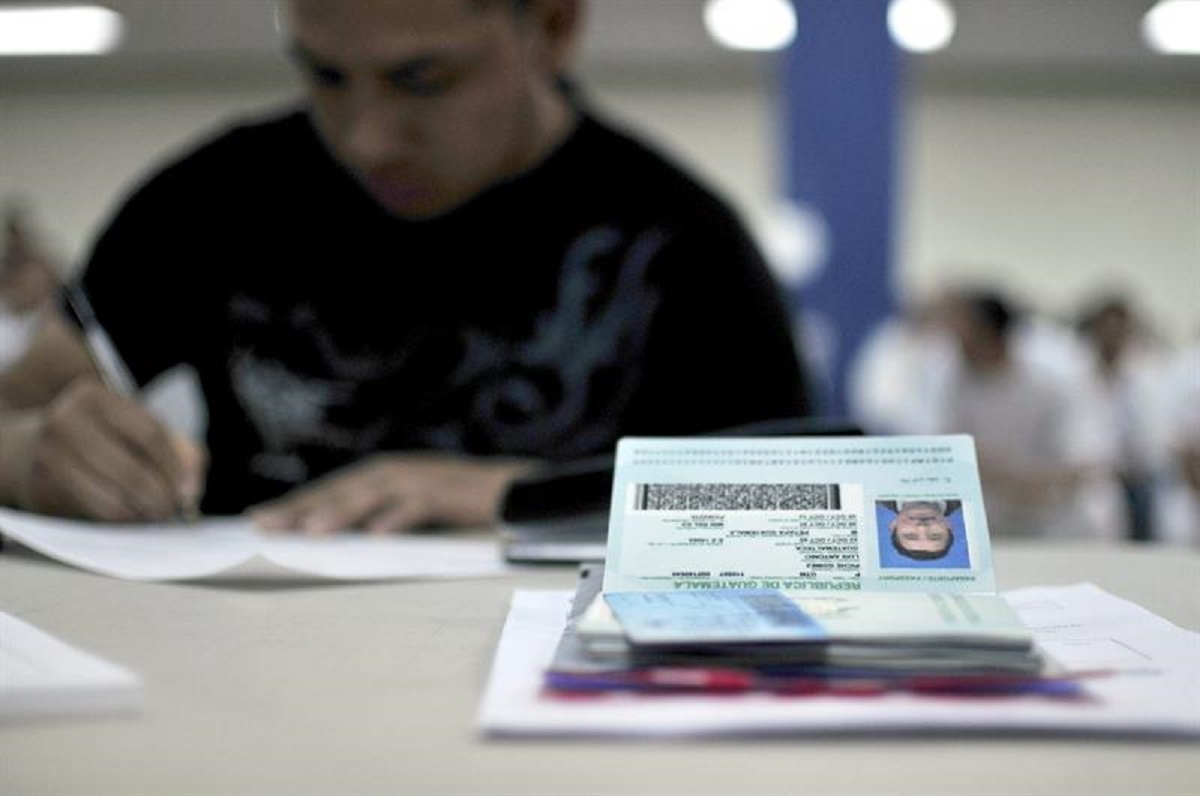Last Monday, August 19, a new immigration program called Parole in Place, which benefits certain undocumented spouses and children of U.S. citizens.
“When someone – whether man or woman, boy or girl – obtains the protection of the program Parole in Placeexpands Stephanie Mulcock, Immigration Attorney of our Hispanic Federation, “is protected from deportation, since he receives the benefit of conditional release, or words. And just as importantly, you also get work authorization.”
Although the process is relatively simple, there are a long series of requirements that applicants must meet. The most important ones are:
You must have been legally married to a U.S. citizen as of June 17 of this year, and provide documentation to prove it. In addition, you must provide proof of the spouse’s citizenship;
Having resided in the country for a minimum of 10 years prior to that date, as proven by rent receipts, utility bills, school records, medical records, receipts for money orders sent within or outside the country, birth certificates of children born in the United States, etc.;
Having originally entered the United States without admission or other permission; and
Not having a criminal record that disqualifies them or being a threat to national or public security.
“To prepare the application,” Stephanie adds, “undocumented spouses have to submit several documents. For example, proof of identity, such as a driver’s license or valid ID; birth certificate and photo ID; valid passport or other official document with name, date of birth, and a photo.”
In addition to the documents Stephanie mentions, it is essential to present proof of U.S. citizenship for the spouse.
Regarding the procedure of Parole in Place For non-citizen children, proof of the child’s relationship to the non-citizen parent and proof of the non-citizen parent’s marriage to the citizen must be submitted by June 17, 2024.
And, in addition, demonstrate with documentary evidence that the child resided in the United States on or before that date.
I encourage anyone interested in this excellent opportunity to visit our page dedicated to the Parole in Place program. There you can find this and other information in both Spanish and English.
If you want to study or submit the corresponding form online, you can find it at I-131F, Application for Parole in Place for Certain Noncitizen Spouses and Stepchildren of US Citizens
And of course, if you need further assistance, or need our staff to refer you to one of our immigration-focused organizations, please call our Hispanic Federation’s toll-free, bilingual line at (866) HF AYUDA or (866) 432-9832, or search for the ones that are most convenient for you on our Network of Nonprofit Organizations page.
Before we leave, a note of caution from Stephanie Mulcock: “If the applicant has a criminal or deportation record, we recommend that they consult with an attorney before applying for this program.”
Celebrate with us the 44th anniversary of the Hispanic Federation, and until the next column!
Frankie Miranda is the president of the Hispanic Federation
